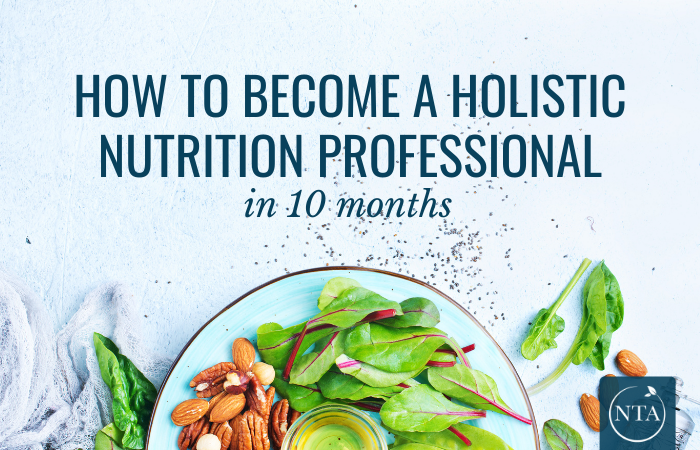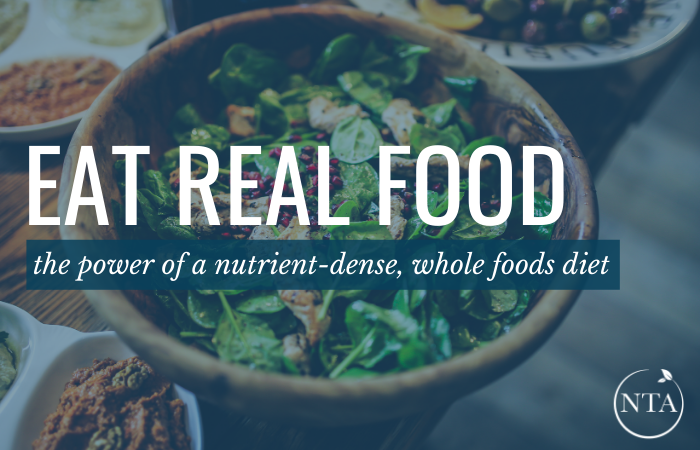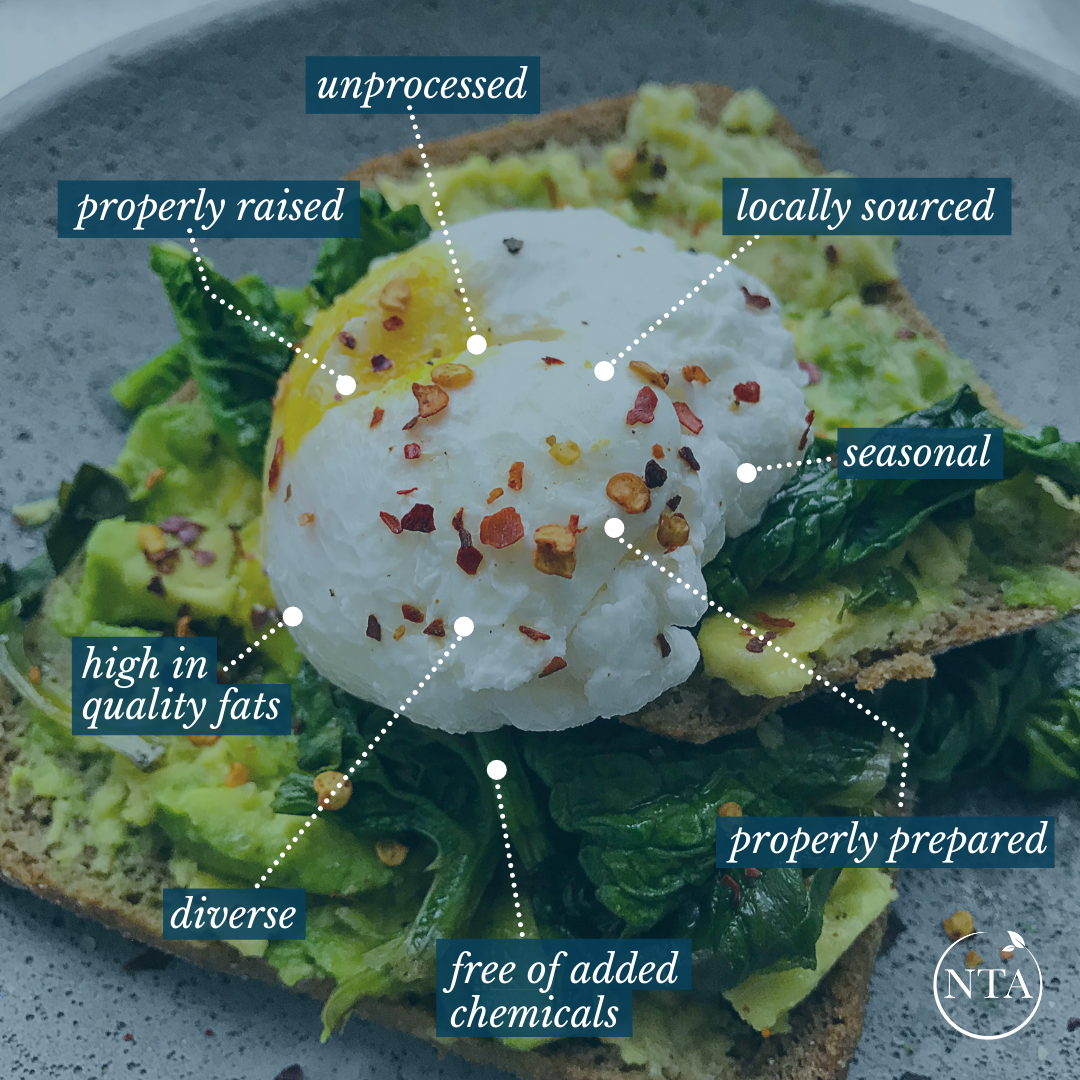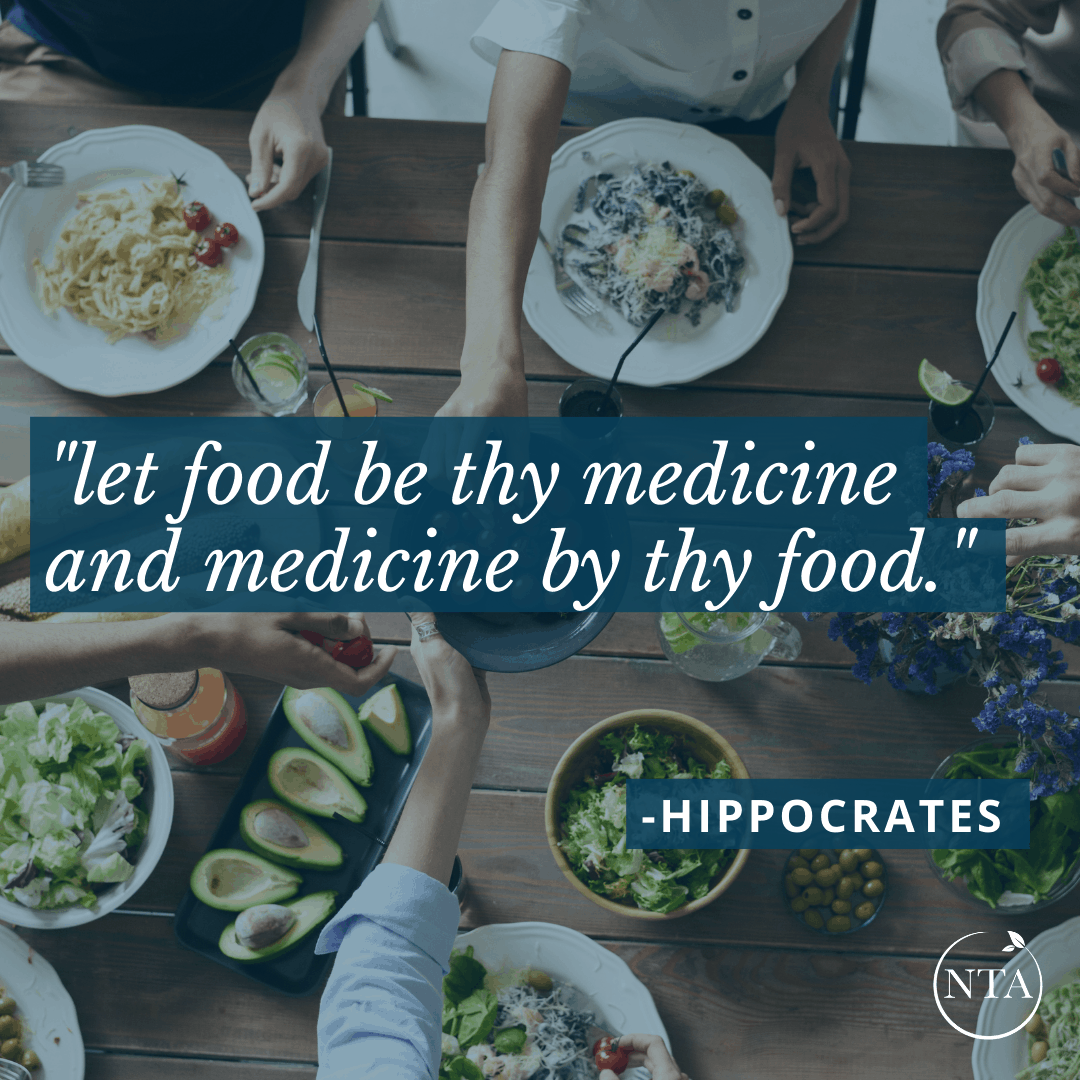
3 Critical Factors of Dietary Supplement Formulations
Blog
3 Critical Factors of Dietary Supplement Formulations

Guest Blog Post from Designs for Health
The 2002 World Health Report anticipated that by the year 2020 chronic non-communicable disease would attribute to 73% of all deaths and 60% of the global disease burden. In the report, The World Health Organization (WHO) stated the need for the “development of an integrated approach that will target all major common risk factors of cardiovascular disease (CVD), diabetes mellitus (DM), cancer and chronic respiratory diseases in the most cost-effective way to prevent and control them.” These assertions and statistics showcase the acute need for preventative medicine, which often includes the application of dietary supplements and nutraceuticals, and the adoption of lifestyle changes and dietary habits.
Dietary supplements are nutritional substances formulated and intended to augment the diet by increasing the total dietary intake. The ingredients in dietary supplements include vitamins, minerals, herbs or botanicals, and amino acids.
According to the 2019 Council for Responsible Nutrition (CRN) Consumer Survey on Dietary Supplements, 77% of U.S. adults report taking dietary supplements; however, a 2019 survey from AARP revealed 46% of consumers are concerned with the effectiveness of supplements. Moreover, 44% of supplement users question the purity and safety of ingredients, and 40% are concerned about testing transparency, according to the same survey.
Targeted supplementation implemented by Nutritional Therapy Practitioners can help to fill nutritional gaps, address nutrient deficiencies, and support the body’s vital metabolic processes where needed. Therefore, it’s critical to choose and recommend the highest quality dietary supplements available on the market to support desired health outcomes. Unfortunately, it can be challenging to identify key differentiators in innovation, formulation, ingredient selection, and manufacturing that influence product efficacy and quality. Here, we will discuss the importance of supplementation and three primary factors to consider when selecting ideal dietary supplements to ensure the highest quality for patient and client care.
Quality and Purity
Dietary supplements must meet FDA testing requirements. It is important to seek formulas and brands that go through several levels of quality control and testing before being sold to the public. Fortunately, there are practitioner-brand dietary supplement manufacturers that follow regulatory oversight adhering to current Good Manufacturing Practices (GMP) that source only the highest quality raw materials for formulating their products. It’s essential to choose companies that are third-party audited and certified by the National Sanitation Foundation (NSF) to ensure public safety and to verify the formulas meet the highest levels of quality and purity, identity and strength, in addition to ensuring that their composition match the product label claims.
Label transparency is also a critical component in choosing the best dietary supplements for your clients/patients. For the best clinical outcomes, it’s imperative to recommend supplements that are formulated without common allergens (e.g., dairy, soy, gluten) or other potentially harmful excipients (i.e., other ingredients). Avoid products that use potentially harmful preservatives, genetically modified ingredients, artificial colors, and/or sweeteners, sugars, and other fillers that may be detrimental to desired health outcomes. Practitioners and clients must learn how to read and understand ingredient labels and supplement facts to prevent exposure to these often “hidden” ingredients.
Bioavailability
The term “bioavailability” refers to the amount or proportion of a substance, nutrient, or botanical that can be absorbed, enter the body’s circulation, and impart its physiological and biological effects. Supplements formulated to have high bioavailability will be more effective at achieving the desired health outcome, as they have better metabolic activity, remain in the serum longer, and do not break down as quickly. Manufacturing processes formulated to utilize specific nutrients, ingredients, technologies, and/or delivery methods that enhance the bioactive compound’s ability to enter circulation is an important factor when considering dietary supplementation.
Additionally, it’s equally important to choose products that leverage the latest scientific research and evidence and are formulated by using the optimal nutrient forms to ensure superior efficacy. Some nutrients are available in a more biologically identical and accessible form. For example, research shows that folate — specifically in the methylated or calcium folinate composition — is the more optimal, bioavailable form that promotes beneficial health outcomes over synthetic folic acid. Likewise, using amino acid-chelated mineral forms, such as magnesium bisglycinate or ferrous bisglycinate, improves bioavailability and can help decrease common unpleasant gastrointestinal effects, such as diarrhea or constipation, versus using elemental forms, such as magnesium oxide, ferrous sulfate.
Clinically Relevant Dosing
The Recommended Dietary Allowance (RDA) “is the average daily dietary intake level that is sufficient to meet the nutrient requirement of nearly all (97% to 98%) healthy individuals in a particular life stage and gender group” based on scientific data, but when scientific evidence is not available, the Adequate Intake (AI) is used instead of the RDA, which is “based on experimentally derived intake levels or approximations of observed mean nutrient intakes by a group of healthy people.“ These values were calculated to avoid frank or overt nutrient deficiencies, but not necessarily to provide optimal health and wellness. The prevalence of environmental and lifestyle factors in Western societies further complicates and compounds nutrient demands, including nutrient-poor diets, improper digestion and absorption, medication-associated nutrient depletions, pre-existing conditions, inflammation, food sensitivities or allergies, and oxidative stress levels. These additional deterrents to achieving adequate nutrient status support supplementation above the current RDA and AI values established by the Institute of Medicine and the National Academies of Sciences.
Initial conditions of insufficiency are seen at a biochemical level often without any overt symptoms. As the duration of the insufficiency increases, additional changes appear in cellular function that can be seen as subclinical manifestations, and as the insufficiency progresses, morphological and functional changes occur that can be defined as early-stage disease. Nutrition may be the single most influential component of health maintenance since diet is the determining factor in many chronic diseases. Furthermore, certain nutrients are not efficacious unless they reach a certain amount in the serum. For these reasons, it is important to supplement above the RDAs and AIs to help replete the body with the micronutrients it needs to improve metabolic function and overall health.
As you approach client care and implement dietary supplements into your nutritional therapy protocols, consider these important factors regarding formulation (i.e., quality and purity, bioavailability, and clinically relevant dosing) to help determine the best options for your patients’ target health outcomes.
By Caitlin Higgins, MS, CNS, LDN
Technical Writer and Educational Content Developer for Designs for Health
The views and opinions expressed in this post are those of the author and do not necessarily reflect the views and opinions of the NTA. They are intended for general information purposes, and are not to be considered a substitute for medical advice, diagnosis, or treatment.
Join us for a Live Webinar with one of our Instructors and Admissions Advisors!
During this call, you’ll explore and learn:
- How to create a rewarding career in holistic nutrition that will give you the confidence and competence to replace your full-time income (whether you’re new to nutrition or or using it to enhance your current services)
- How our unmatched education and instructor support sets our NTP program apart from other nutrition programs
- How graduates are successfully using their education and the many career opportunities available to you
- If the NTP program is the right fit for you and how to move forward in financing your education



















